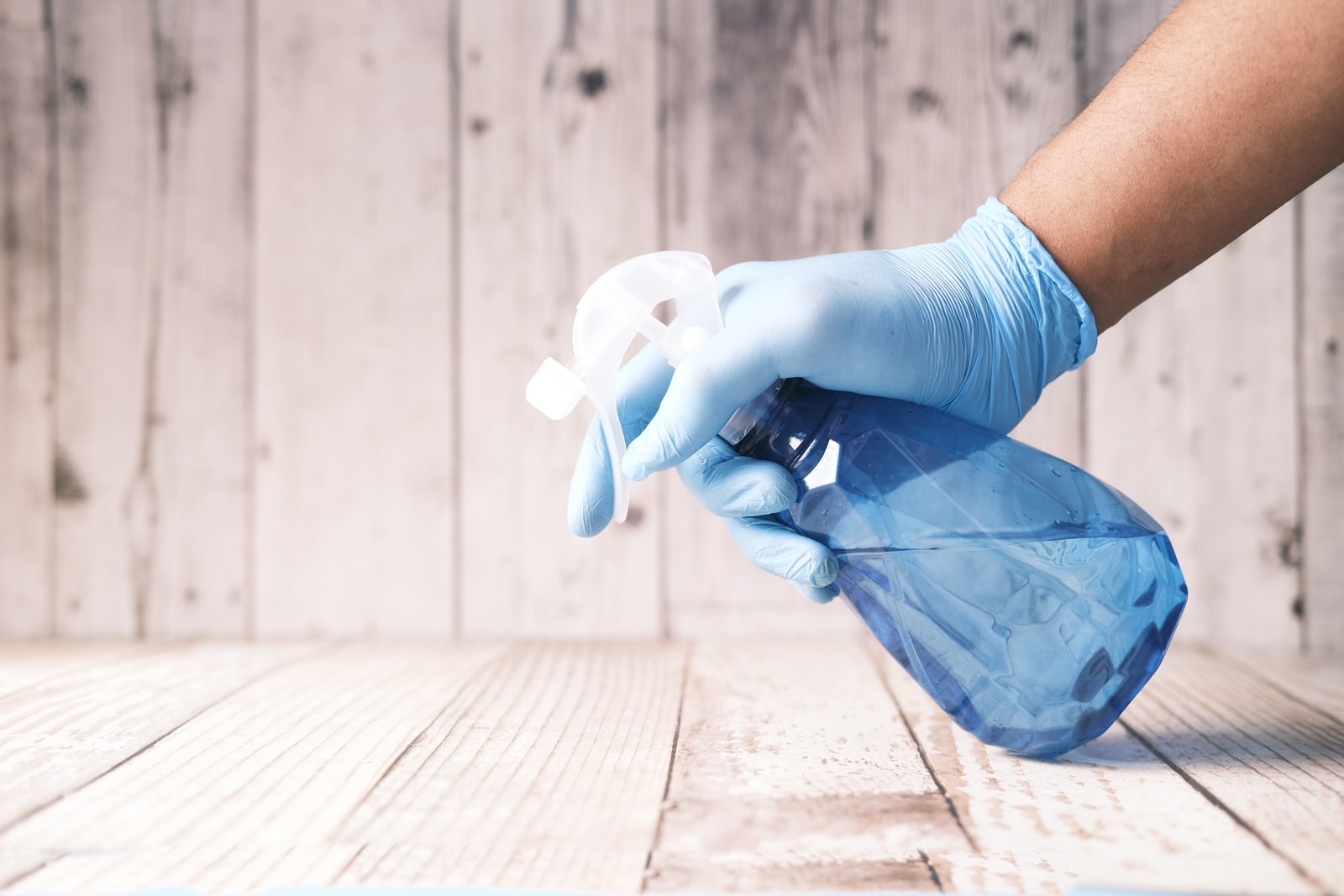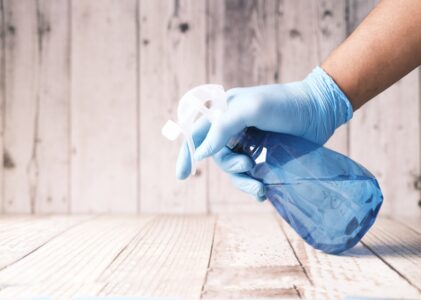Cleaning equipment for large cleaning teams can rack up a large bill. Whilst some materials are more durable, consumables for janitorial and site maintenance purposes can be an expensive ongoing cost. Here are our four ways to save money on trade goods for cleaners and janitorial companies.
1. Paper products
It has been estimated that the UK uses 1.6 billion lbs of toilet paper and hand towels a year. It is a low-cost high volume product. Even though the most janitorial provisions of such paper products, be they hand towels or toilet tissue, are of lower quality than household goods, the costs do start to add up. This is largely a problem caused by overuse by the public, who will take a stream of sheets of paper. One quick way to reduce your costs on paper products as part of your overall janitorial spending is to look at the means by which the public is using paper products. A good way to address this overuse (and as a result overspending) is to introduce single sheet dispensers to your sites. These have been shown to dramatically reduce the amount of paper used. Having to remove paper a sheet at a time avoids both accidental and deliberate over a collection of paper and means that you’re not getting through paper resources as quickly. Single sheet dispensers such as this one will do the trick. This also has environmental benefits, reducing the amount of paper waste created.
2. Larger Volumes of Cleaning Fluid.
It’s a recognised reality of any trade buying that it is cheaper to buy in bulk than individually. This is also true of buying in chemical or cleaning goods for janitorial maintenance. Whilst not all products are suitable for large volume purchasing (they deteriorate, are difficult to store safely etc.) cleaning goods are widely perfectly suited to being bought in these volumes. Because of the antibacterial nature of many of these products, such as floor cleaning fluids and sprays, they aren’t susceptible to the same processes of fermentation as other commercial fluid products. If stored at room temperature bleach will last 6 months in ideal condition before it begins to deteriorate. If you have the room to store then re-consider the volumes you’re buying your commercial cleaning fluids in. The larger the volume, the lower the cost.
3. Quality lasts
Because cleaning products are naturally not considered to be luxury items, they are often bought with less scrutiny. After all, each mop or bucket isn’t much of an investment on its own. There is a tendency to assume that all products are made equally and just to opt for the cheapest. This is definitely a false economy. It’s worth shopping around and looking for product reviews. This well inform which products are going to last the distance. Because janitorial products likely get battered around as part of their daily use, there is a ‘cheaper is better’ approach- the logic being that if it’s going to get the tough treatment you don’t want to spend too much on it. In fact, the opposite can be seen to be true. With the battering that janitorial equipment can take in both storage and use, durability is vital and this comes with the quality of manufacture and the materials used. Cheap plastic will break quickly, as will a low-quality construction of mop. Buying materials that will last will save you from having to make endless trips to replenish your supply of janitorial products.
4.Your staff’s time is Your Money
If you head up a team of cleaners, getting the most cleaning value from your staff is vital to your business. Look at the products that your cleaning staff use and consider whether there might be ways to make their life easier and their cleaning work more time effective. Products like bison mop buckets can contain more water and are easier to carry with their wheels for extra mobility. This allows more floor cleaning to be done in one trip. Similarly, an absorbent mop which can carry more water means fewer trips to and from the bucket when mopping up the mess or simply cleaning surfaces. When a process is repeated every day then even small improvements in time can add up. Products which can make marginal improvements to a cleaning process can make a really significant contribution to saving time and money in the long run.

